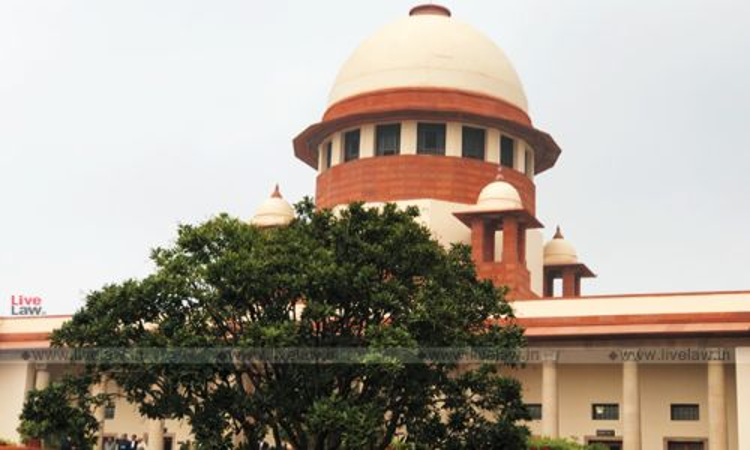Can a defendant in a suit seek injunction under Order XXXIX of the Code of Civil Procedure, the Supreme Court has issued notice in a special leave petition which raised this issue.In this case, the plaintiffs, who approached the Apex Court, contended that in view of Order XXXIX Rule 1(c) CPC, a defendant cannot.Their appeals against a Trial Court order which allowed the injunction...

